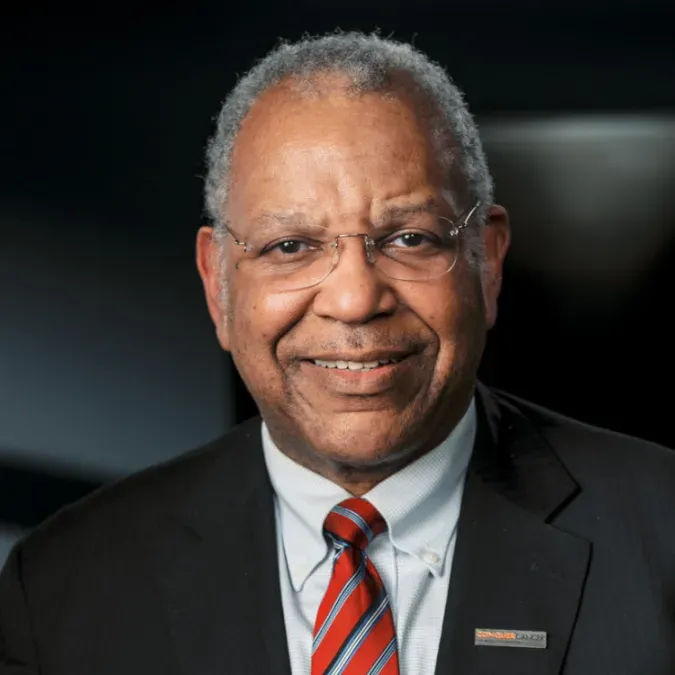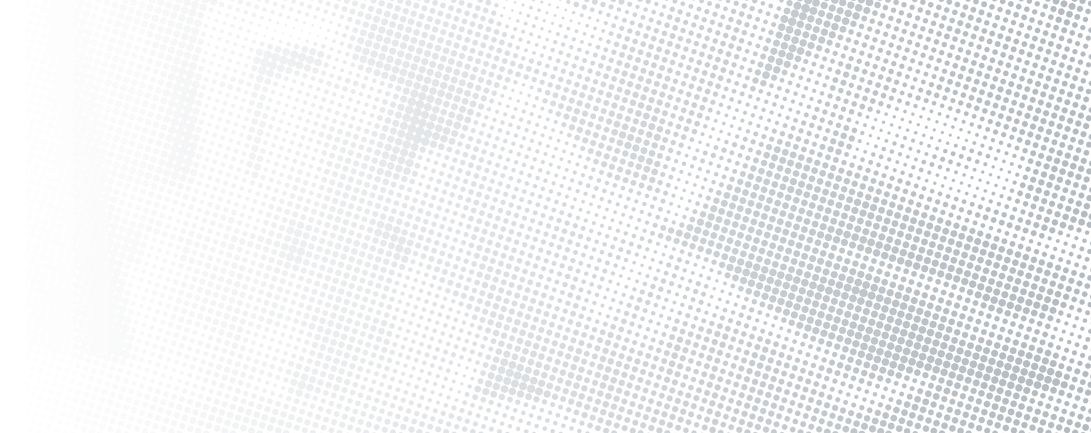Hear candid conversations between people conquering cancer — patients, their family and friends, and doctors and researchers working to help us all.
It's easy to confuse the idea of curing a disease with that of eradicating it. There's an important difference—one that can change your perspective on what conquering cancer truly means. There are numerous misconceptions about what it means to cure cancer, and these are driven by a variety of historical and sociocultural factors. Dr. Otis Brawley, a former chief medical and scientific officer of the American Cancer Society, joins this episode of the Your Stories podcast to help set reasonable expectations around what the possibilities are for treating, managing, and conquering cancer.
Along with host Dr. Mark Lewis, he also unpacks why some cancers have relatively successful ‘cures’ compared to other cancers. Together, they discuss how the evolution of research shows promise for a world where every patient and survivor is healthy.

